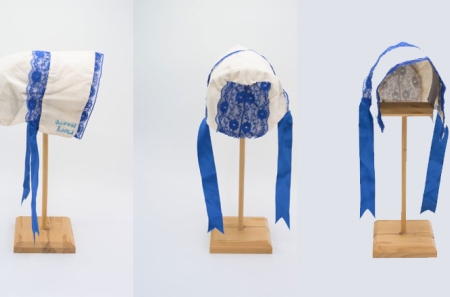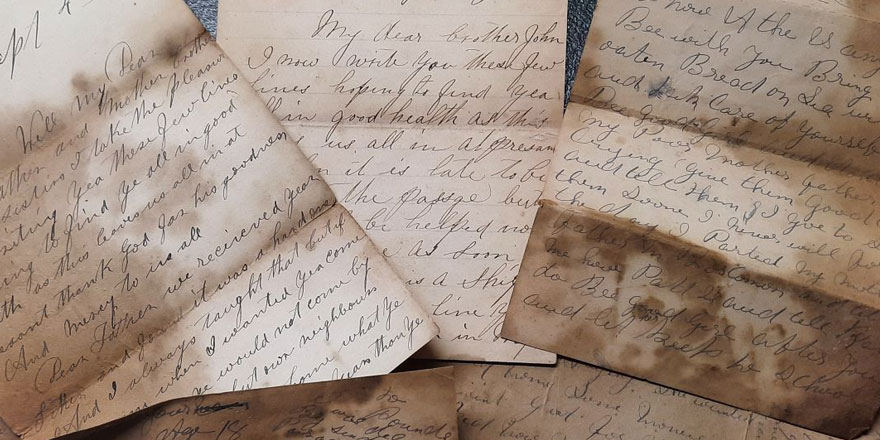
DRI Announces Winners of the DRI Community Archive Scheme 2022
15 November 2021The Digital Repository of Ireland (DRI) is delighted to announce the winners of the DRI Community Archive Scheme 2022 – Tulsk History Society and Bray Arts.
About the DRI Community Archive Scheme
As a publicly funded repository for Ireland’s social and cultural data, the DRI believes it is important to make long-term preservation of digital materials open to a wide range of organisations, including those operating on low or no funding. We, therefore, offer free DRI membership and digital preservation training and support to volunteer-run community groups and low-funded organisations through our annual DRI Community Archive Scheme.
Community archivists lead the documentation process in collecting the stories of their histories and cultures and they must be supported to carry out this meaningful work. Digital content is fragile, meaning that community-led archives are at risk of being lost without digital preservation support to ensure ongoing access to digital content over time. DRI is committed to working in collaboration with community-led organisations, like Tulsk History Society and Bray Arts, to ensure that the necessary steps are taken to safeguard social and cultural data for reliable long-term access.
About Tulsk History Society
The Tulsk History Society (THS) is a non-profit community organisation based in County Roscommon which was founded in March 2021. THS aims to pursue and promote local social, cultural, political, and economic history, as well as local archaeology, antiquities, folklore, traditions, arts, crafts, and games. They also aim to collect, record, publish, and disseminate information on all aspects of local history.
Since its foundation in March 2021, THS has already acquired a very comprehensive collection of documents, books, and photographs that are reflective of Tulsk’s local history, culture, and way of life. THS aims to preserve a small collection of 11 historically important letters dating back to the 1890s on DRI.
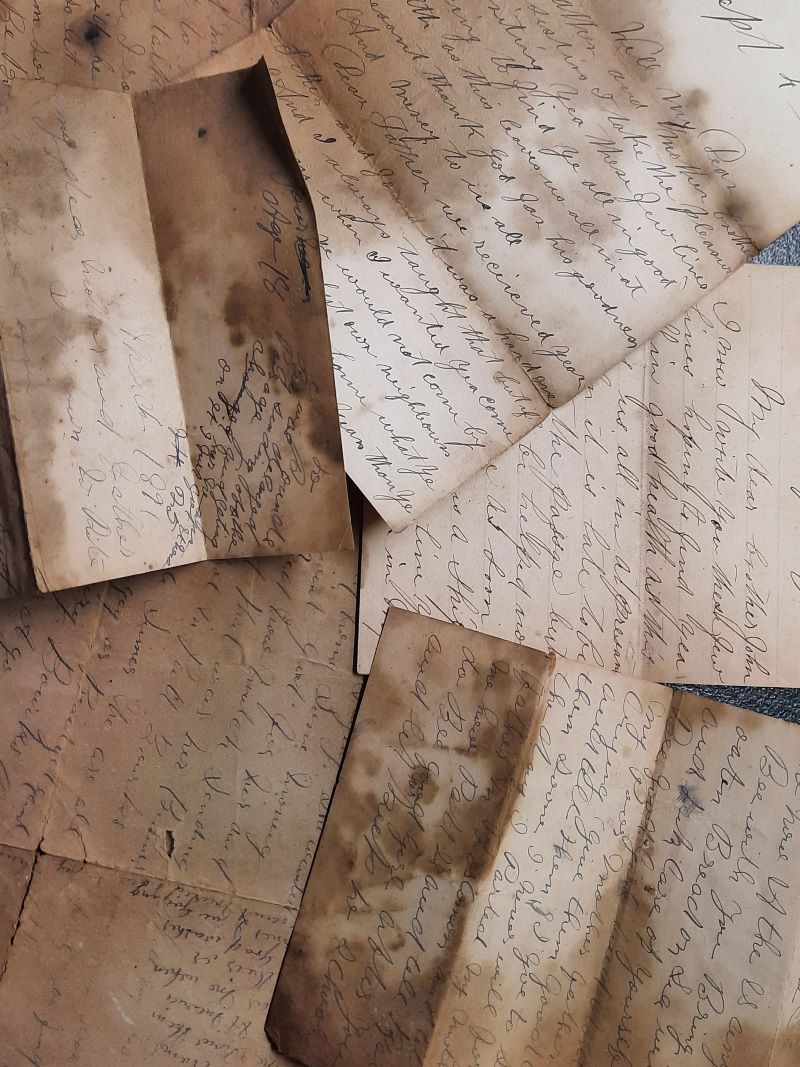
Image: Letters dating back to the 1890s found in the thatch of Kilgannon Cottage, Steil, Tulsk, Co. Roscommon
The letters were discovered by a member of the local Tulsk community in the thatch of Kilgannon Cottage, a neighbouring cottage that had fallen into a state of disrepair. Mary Kilgannon, the last person to live in the cottage, passed away in the late 1960s. The cottage and land were later purchased by a local farmer who found a canvas sack hanging inside the thatched roof timbers in the late 1970s. Inside the sack were letters that were found to have been written by people local to the Tulsk parish that had emigrated to America at the end of the nineteenth century. There were 30 letters in total, 11 of which were retained and donated in recent months to the care of the THS. The letters provide valuable first-hand accounts of the opportunities afforded by the New World, but also the challenges faced by families that were separated, in many cases permanently, due to the often desperate circumstances that necessitated starting a life outside of Ireland.
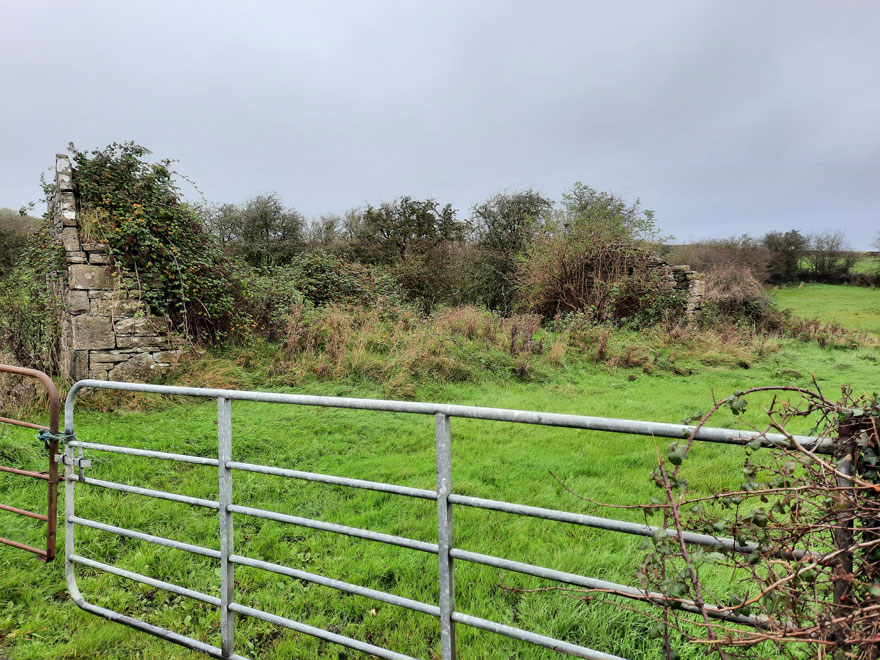
Image: Kilgannon Cottage, Steil, Tulsk, Co. Roscommon
Noel Sheerin, archivist at THS, commented on the significance of the support offered by the DRI Community Archive Scheme in terms of planning for the long-term preservation of the letters:
I applied for the DRI Community Archive Scheme because it offers exactly what Tulsk History Society required in terms of making best use of the unique historic letters kindly donated by a member of our local community in recent months. Upon receipt of these materials from the 1890s, we immediately realised their historic significance and the importance of ensuring that they receive the care and attention they deserve. This Scheme is the perfect fit.
Winning this Award enables Tulsk History Society to take these resources to a higher level in terms of professional analysis and research in the knowledge that a further understanding of our past, both locally and nationally, will emerge from the first-hand evidence they offer. Our Society now looks forward to moving this project forward, in collaboration with the Digital Repository of Ireland.
The handwritten letters from the THS collection will be of great value to researchers and members of the public interested in gaining a personal insight into Irish emigration and the social and economic conditions in Ireland in the late nineteenth century. DRI looks forward to working with THS to plan for the long-term care of the letters so that they can be accessed now and in the future.
About Bray Arts
Bray Arts was founded in 1996 as a forum for both arts practitioners and anyone with an interest in the arts. It was set up to provide emerging artists with opportunities to showcase and present their work in a supportive and appreciative environment and to provide a forum for discussion, lobbying, and campaigning for the Arts in Bray.
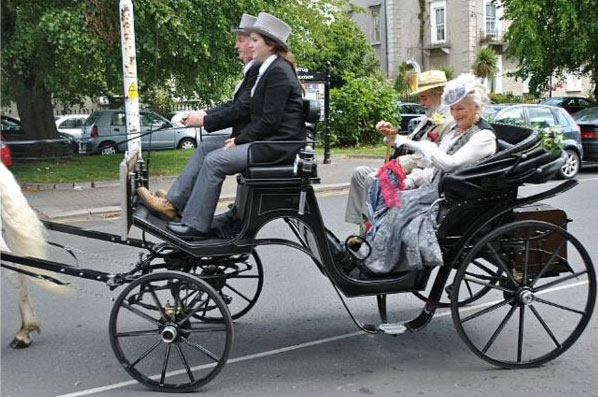
Image: Bray Arts members turning out for the Bloomsday festivities in 2011
Bray Arts has accumulated a substantial collection of written and photographic records of its activities over the years, embracing artists, writers, and performers from Bray and the surrounding communities of Wicklow and South County Dublin.
The written collection comprises over 92 Bray Arts Journals and 38 shorter Bulletins. The journals feature short stories, poetry, novel extracts, essays, reviews, and opinion pieces, providing a platform for local writers of all genres with frequent contributions from other counties and countries. The bulletins focus on previews and reviews of the monthly Bray Arts Evenings.
Bray Arts has also accumulated a large collection of photographs of artists, writers, performers, and attendees at the Bray Arts evenings.
The organisation’s immediate objective is to deposit the Bray Arts Journal collection into the DRI to secure its long-term safety, in compliance with best practice, and make it accessible to the public. Their second objective is to deposit their Photographic Collection into the DRI.
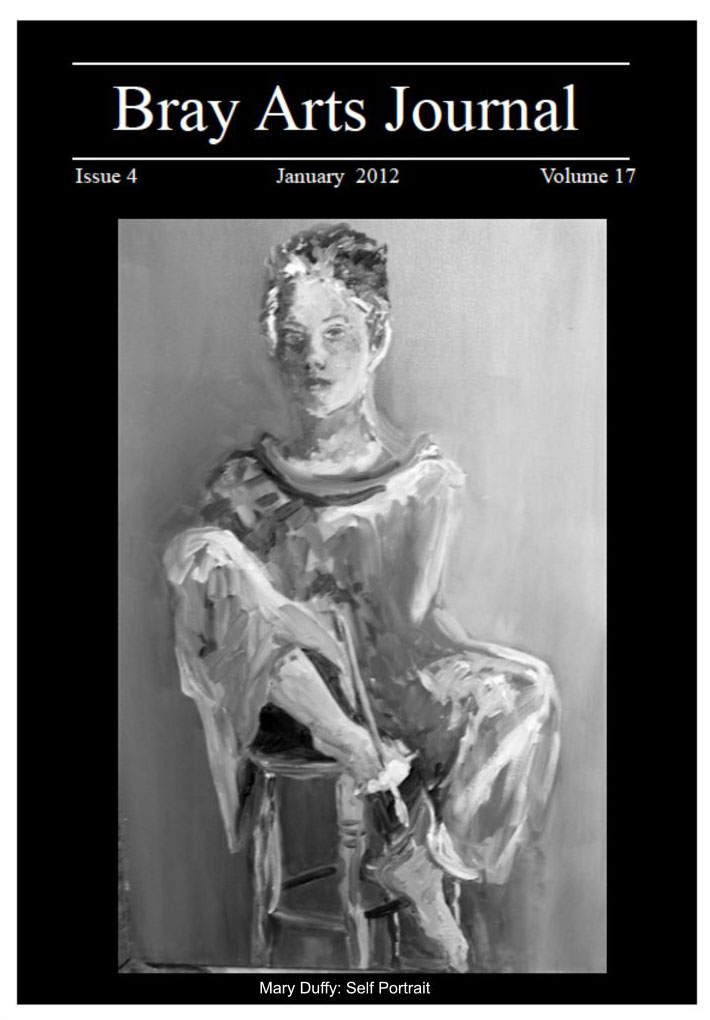
Image: Self-portrait of Mary Duffy on the cover of the January 2012 Bray Arts Journal
Cearbhall O'Meadhra and Dermot McCabe accepted the Award on behalf of Bray Arts, commenting that:
We are deeply conscious of the importance of recording, preserving, and making accessible the story of our cultural life manifested in the Arts in all its forms. We needed an association with a body such as DRI to guide us in developing our archive and ensuring its long-term survival.
Being chosen as the recipients of the DRI Community Archive Scheme is a huge endorsement of our endeavours. It strengthens our voice for the promotion of archiving in our community and further afield.
We are very grateful that the DRI and in particular the judging panel recognised the potential of the Bray Arts Archive.
The Bray Arts Archive will preserve the outputs, activities, and cultural life of a vibrant and productive local Arts community for posterity. DRI looks forward to collaborating with Bray Arts to ensure that their important cultural collection is safeguarded for long-term access and enhanced discovery.
This is the fourth edition of the DRI Community Archive Scheme. DRI has been privileged to support the memory work of a diversity of community-led archives since its inception, including Cork LGBT Archive; Asylum Archive; Cork Community Media Hub; the Elephant Collective; Dublin Ghost Signs; and Dublin-based Community Films by Joe Lee. The collections of Tulsk History Society and Bray Arts will further expand and enrich the record of Ireland’s digital cultural heritage.
DRI Communications and Engagement Coordinator Áine Madden welcomed our latest members, Tulsk History Society and Bray Arts:
We are pleased to welcome Tulsk History Society and Bray Arts as the latest members of DRI. These community-led organisations give visibility to different aspects of Ireland’s history and of its cultural and artistic life. Their archives will contribute to the development of an inclusive digital cultural heritage and we look forward to collaborating with them to preserve, curate, and disseminate their collections so they can be accessed and enjoyed by a wide audience.
For more information about the DRI Community Archive Scheme, please visit our dedicated web page.


